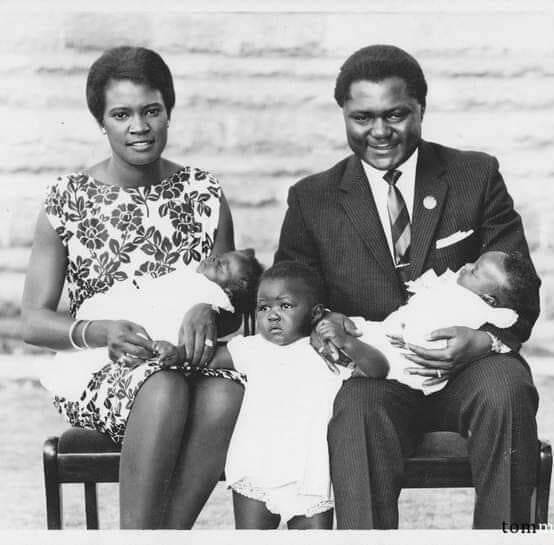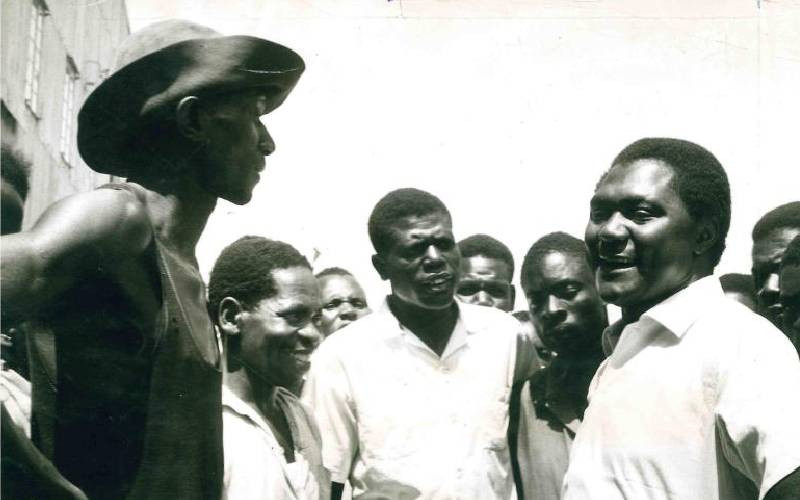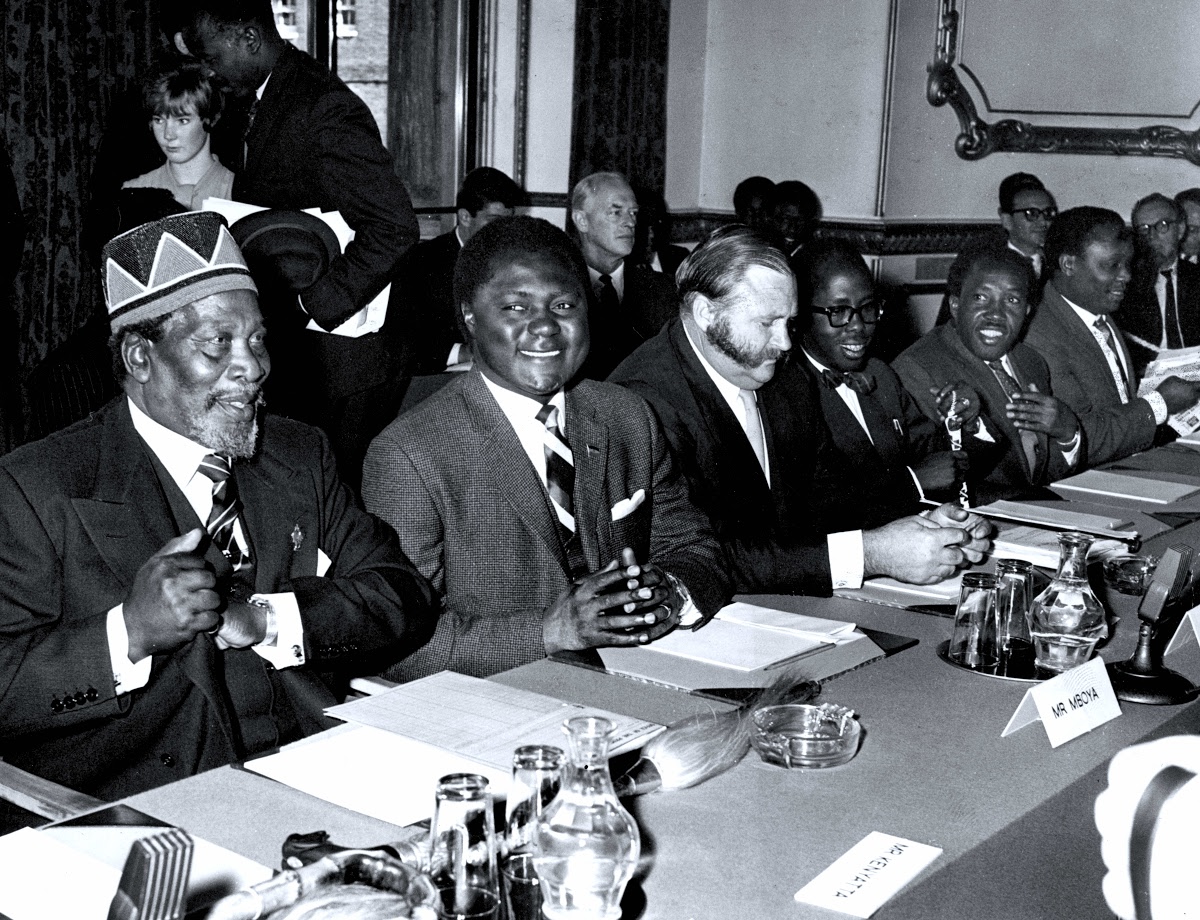Tom Mboya, a name synonymous with progressive leadership and visionary politics, was a pivotal figure in Kenya's journey to independence and its early years as a sovereign nation. His contributions to Kenya's socio-political landscape and his role in the broader African liberation movement make him one of the most influential leaders in modern African history. This article explores Mboya's life, achievements, and enduring legacy.
Early Life and Education
Born on August 15, 1930, in Kilimambogo, Kenya, Thomas Joseph Odhiambo Mboya grew up in a modest family. His early education took place in mission schools, where he excelled academically. Mboya's pursuit of higher education led him to Makerere University in Uganda, one of East Africa's premier institutions, where he studied hygiene and tropical medicine. His academic journey didn't stop there; he later received scholarships to study in the United Kingdom, earning a diploma in Industrial Relations from Ruskin College, Oxford.

Rise to Political Prominence
Mboya's political career began in the labor movement. In the early 1950s, he became a leading figure in the Kenya Local Government Workers Union, eventually rising to the position of General Secretary of the Kenya Federation of Labour. His leadership in the labor movement was marked by his advocacy for workers' rights and his ability to mobilize and unify diverse groups towards common goals.

Champion of Independence
Tom Mboya played a crucial role in Kenya's struggle for independence from British colonial rule. As a member of the Kenya African National Union (KANU), he was instrumental in negotiating the terms of Kenya's independence. His eloquence, intellect, and diplomatic skills made him a formidable force in the Lancaster House Conferences, where he worked alongside other nationalist leaders to shape the future of Kenya.

Post-Independence Contributions
After Kenya gained independence in 1963, Mboya continued to serve his country with distinction. He held several key positions in the government, including Minister of Justice and Constitutional Affairs and later, Minister of Economic Planning and Development. His tenure in these roles was characterized by his commitment to economic development, education, and modernization.
- Economic Development: As Minister of Economic Planning and Development, Mboya was a driving force behind Kenya's first national development plan. His policies focused on industrialization, infrastructure development, and foreign investment, laying the groundwork for Kenya's economic growth.
- Educational Initiatives: Mboya was a strong advocate for education as a means of empowering the populace. He was instrumental in the establishment of the Airlift Africa program, which facilitated the education of young Kenyans and other Africans in American universities. This initiative produced some of Africa's most prominent leaders and professionals.
Legacy and Impact
Tom Mboya's impact on Kenya and Africa extends far beyond his untimely death on July 5, 1969. He is remembered as a visionary leader who championed the causes of independence, economic development, and education. His assassination at the age of 38 was a tragic loss for Kenya, but his legacy continues to inspire generations.
- Inspirational Figure: Mboya's life and work remain a source of inspiration for many. His ability to transcend ethnic divisions and focus on national unity and progress is a model for contemporary leadership in Africa.
- Economic and Educational Reforms: The policies and programs he championed laid the foundation for Kenya's post-independence development. His emphasis on education and economic planning continues to influence Kenya's development trajectory.
- Global Recognition: Mboya's contributions to the African liberation movement and his efforts to foster international solidarity have earned him recognition beyond Kenya's borders. He is celebrated as a global icon of progressive leadership and visionary politics.
Conclusion
Tom Mboya's legacy as a visionary leader and architect of modern Kenya is enduring. His contributions to the labor movement, the fight for independence, and the post-independence development of Kenya are testament to his extraordinary leadership and dedication to his country. Mboya's life, though tragically cut short, serves as a beacon of hope and inspiration for those committed to the ideals of unity, progress, and justice in Africa and beyond.
Tom Mboya: Kenya's Visionary Leader and Architect of Modern Africa